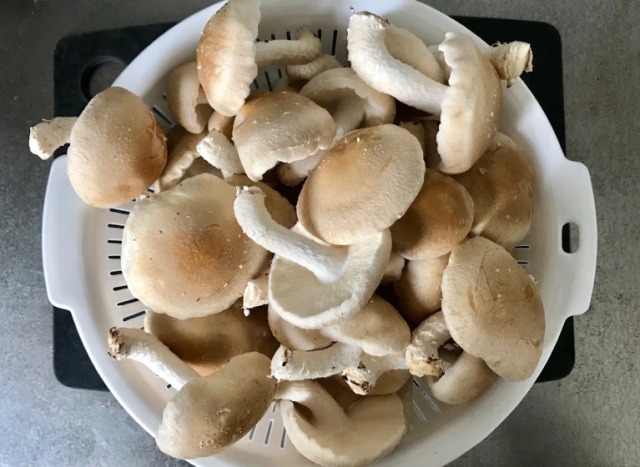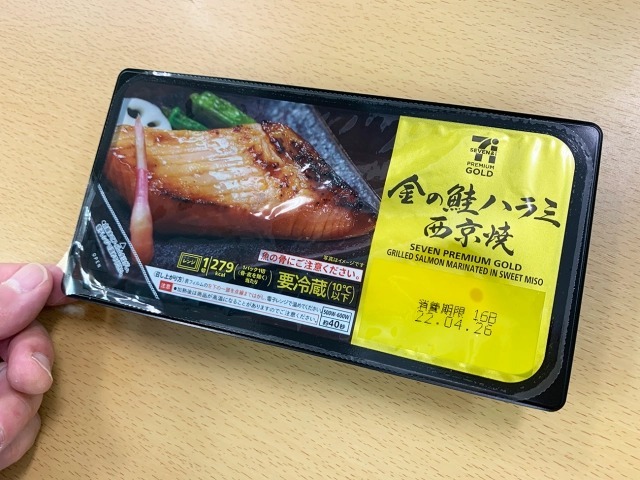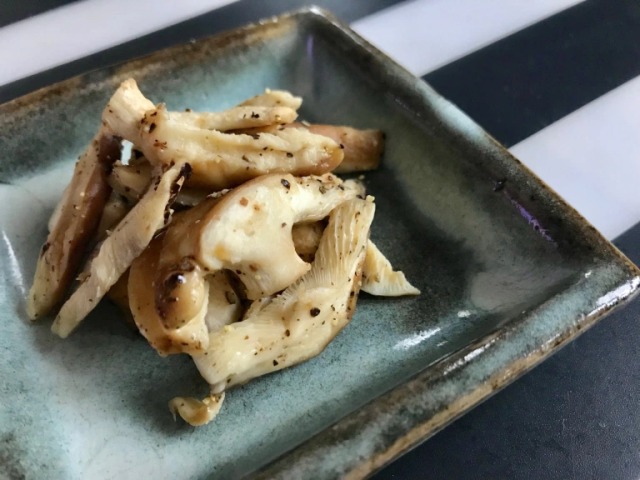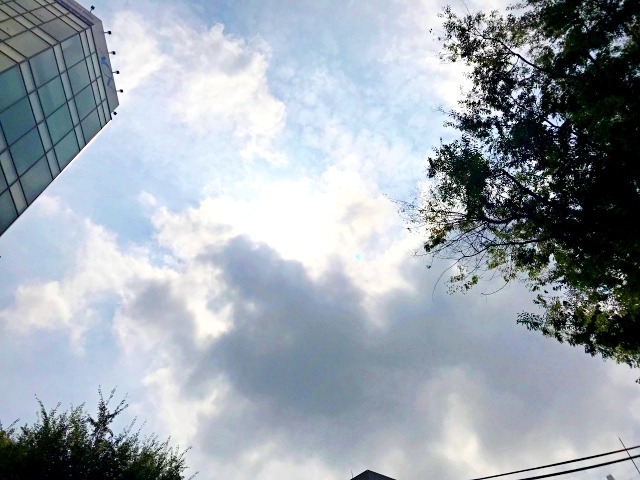Study of blood tests in Tokyo finds 98% as having vitamin D deficiencies

D up, everyone!
One of the great things about living in Japan is enjoying the country’s traditional cuisine, rich in nutritional foods. However, the other day as I was walking out of Starbucks I tripped in the wheel of a Pizza Hut delivery bike that was parked by a McDonald’s next door and nearly broke my toe!
It’s odd because I don’t remember my bones being so frail, but maybe a recent study by Jikei University School of Medicine holds the answer. According to the study, which was announced on 5 June, a whopping 98 percent of physical examination results in Tokyo showed a lack of vitamin D.
Vitamin D is the one that helps the body to properly take in calcium, among other minerals, which leads to strong bones. It can be taken into the body in three ways: through the absorption of sunlight, through eating certain animal products such as oily fish, and through eating certain plant products such as mushrooms.
The actual range of foods that contain significant amounts of vitamin D are actually rather few and far between and include fish such as salmon, mackerel, and tuna or mushrooms like shiitake. As luck would have it, these are all rather common foods in Japanese cuisine.
▼ Even the 7-Eleven here can help you get your vitamin D fix

However, when Jikei University examined the blood tests of about 5,500 adult men and women from the year before the pandemic, they found that 98 percent of them had lower than the recommended levels of vitamin D. In particular, the type of vitamin D derived from mushrooms was lacking in blood samples.
The deficiencies appear to be more prevalent in younger people as well, which is causing the researchers to suspect a westernization of diets to be a contributing factor.
▼ Something’s wrong with kids today if they can’t get into some of this

If that’s the case, then it begs the question of why people in Western countries aren’t all walking around with rickets. One reason is that other countries tend to compensate by fortifying other more commonly consumed foods with the vitamin, such as North America which has a custom of putting vitamin D in milk.
On the other hand, Japanese milk is not normally fortified with vitamin D, except for a few specialty brands. So, while a Western diet may be gradually making its way into Japanese society, the appropriate countermeasures that such a diet requires have not.
This is still all just speculation though, and a lot of comments online seem to feel that a lack of sunlight is a more widespread problem than consumption of mushrooms among residents of Japan.
“I get my vitamin D by getting 20 minutes of sunlight a day. I just expose my palms to the sun to avoid getting sunburnt.”
“Mushrooms are great. They’re always cheap and with a little soy sauce and butter can be eaten with anything.”
“They want us to eat more mushrooms? No problem!”
“I happened to start taking vitamin D supplements recently and I have been feeling a lot better.”
“I eat lots of mushrooms and salmon, but I don’t think I get enough sunlight.”
“Cup Noodle Pro is fortified with vitamin D, so let’s all just eat that.”
“How about I just drink Milo?”
“Mario was right all along.”
“I just walk outside for 40 minutes a day and I get all the vitamin D I need.”
Researchers agree that the deficiency is partly due to a lack of exposure to sunlight in urban areas. But in general, most people get their vitamin D from a combination of all three sources, unless you enjoy sitting by a window with your palms up for 20 minutes a day.
▼ The Tokyo sun in summer is no joke and could kill you before generating the needed amount of vitamin D

And despite what people in the comments say, the data speaks for itself that eating more mushrooms would be the ideal way for people to balance out the sources of their regular vitamin D requirements. Luckily, the shiitake market in Japan is an embarrassment of riches in terms of options, with self-growing kits, crane games, and even shiitake mushroom snacks specifically designed to appeal to people who don’t like shiitake mushrooms.
Source: Kyodo, Hachima Kiko
Photos ©SoraNews24
● Want to hear about SoraNews24’s latest articles as soon as they’re published? Follow us on Facebook and Twitter!
Credit:

0 comments:
Post a Comment